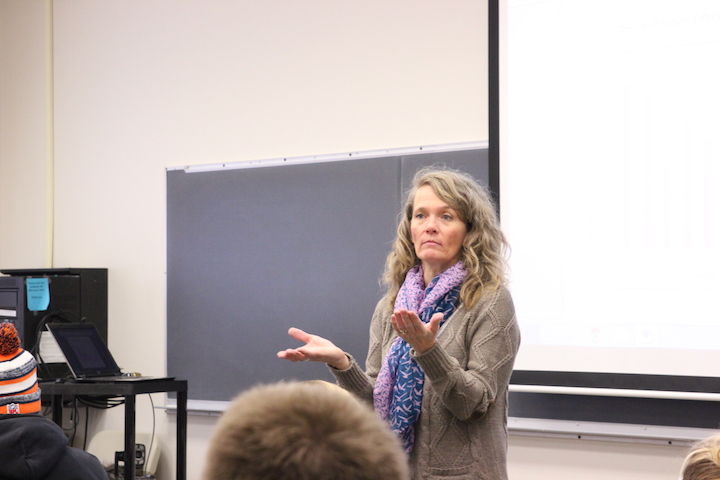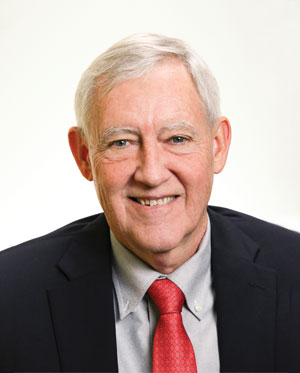Despite lack of employer benefits, adjuncts still invest in students’ education
March 3, 2015
Adjuncts may not teach as many courses as full time professors, but the supposed ‘lack of dedication and investment’ is a thing of the past.
Historically, students have seen adjuncts as less educated, less invested and less dedicated to their work as a professor. Adjuncts typically teach fewer courses and fewer hours each week. However, adjuncts at Simpson College spend numerous hours each week preparing for class and meeting with students, Sonja Crain, adjunct professor of psychology said.
Crain began her career with Simpson in 1988 as a full time professor of psychology. It wasn’t until 2008 when she transitioned her career into teaching as an adjunct. As an adjunct, Crain is able to spend more time with her family while still fulfilling her passion to teach. Crain typically teaches two courses each semester mentioning she appreciates the flexibility her position provides and the devotion she is able to give to her students because of it.
“The beauty of being an adjunct is that you get to spend all of your time focusing on your classes. When you’re full time, you don’t always get that luxury,” Crain said.
She mentioned full time professors are required to attend faculty meetings and to take part in various committees; adjuncts are not. As an adjunct, Crain is able to focus 100 percent of her attention on her students, the courses she teaches and the desired outcome: their success.
“Students are the number one reason we’re here,” Crain said. “The people who teach at Simpson want students to be successful, regardless of their title or position.”
Sophomore Ashley Gomez said she isn’t really aware of who is or is not an adjunct. Regardless of their title, she still believes they are valuable additions to the college.
“Adjuncts bring different and valuable experiences and perspectives into the classroom,” Gomez said. “They definitely have their students’ best interests in mind.”
Although adjuncts usually receive more flexibility due to the nature of their position, they end up sacrificing some personal interactions with their students, Owen Duncan, adjunct professor of history said.
“Adjuncts do not have to serve on faculty committees or do advising,” Duncan said. “Since we don’t advise, we typically have less contact with students.”
However, he mentioned some adjuncts go out of their way to participate in the life of the campus in order to continue building close relationships with students. Even though Duncan has less interaction with some of his students, he said being an adjunct has been a positive experience.
“Teaching supplements my income and gives me the opportunity to work with Simpson students,” Duncan said. “I find the students here generally easy to work with and motivated.”
Duncan taught history full time at Simpson from 1969 until 2007 and began teaching as an adjunct in 2008. Although teaching as an adjunct has been positive and supplements his income, he also acknowledged the salary and benefits are two disadvantages of the position.
“Unfortunately, many people with advanced degrees have to work as adjuncts when they would like to have full time jobs with benefits,” he said.
Kariann Voigts, an adjunct professor of clarinet and mathematics, said although she receives lower pay and no benefits, her position as an adjunct is still a rewarding one. Voigts began teaching at Simpson in 2003 as an adjunct; she received her endorsement in mathematics in 2010. Voigts is the current clarinet professor in the music department and also teaches two courses in the mathematics department.
“I’ve really enjoyed being an adjunct. It gives me an opportunity to interact with different groups of students and to meet even more students on campus,” she said. “I think Simpson students are good quality people in many regards, and it’s been enjoyable to work with them.”
Working as an adjunct within two different departments has enabled Voigts to broaden her teaching experiences and opportunities. She said she feels responsible for her students’ success just like any other adjunct or full time professor, explaining she’s adopted this as her own personal philosophy. She said being an adjunct has been a very positive experience for both her and her students.
“It’s an opportunity to make an impact on students and their education,” Voigts said. “Their needs are our priorities and we’re trying to figure out the best way to meet those needs.”








